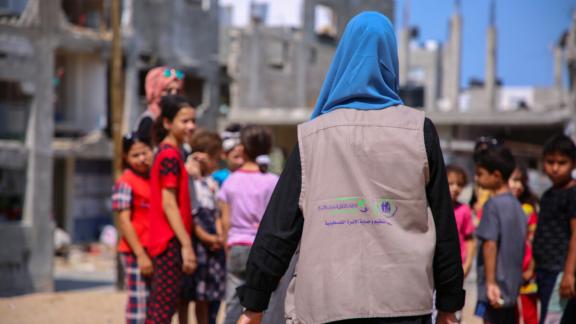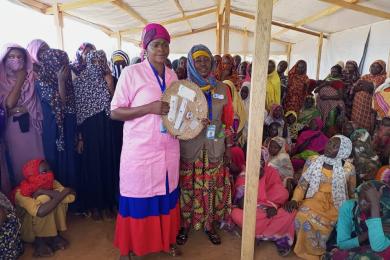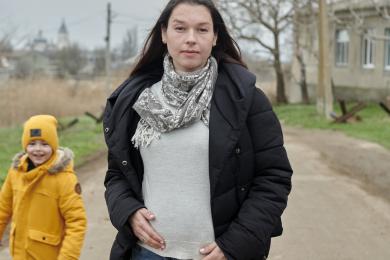Sudan is facing one of the world’s largest and fastest-growing humanitarian crises. As of 2025, more than 30 million people need humanitarian support, with sexual and reproductive health (SRH) needs becoming increasingly urgent. Widespread conflict, mass displacement, and the collapse of essential services have left millions without access to maternal healthcare, contraception, and care for survivors of sexual and gender-based violence. Less than 25 per cent of health facilities remain functional in the hardest-hit areas. The number of people at risk of gender-based violence has tripled since April 2023, with over 12 million women, girls, men, and boys now in need of protection.
Since the earliest days of the conflict, the Sudan Family Planning Association (SFPA) has been at the forefront of the SRH response. Working across the country through a network of mobile and static clinics, telemedicine platforms, and call centres, SFPA is providing life-saving care to displaced communities, including antenatal services, contraception, safe delivery support and SGBV response.
Read more about the escalating SGBV situation in Sudan here and here.
Read more about the rise of HIV+ cases in Sudan here.














